Wearing a mask while driving alone in a private vehicle is compulsory in the context of COVID-19, the Delhi High Court said on Wednesday and described the face covering as a ‘suraksha kavach’, or protective shield, against the spread of the infection.
Justice Prathiba M Singh also refused to interfere with the Delhi government”s decision to impose challans for not wearing a mask while driving a private car alone, saying a vehicle even if occupied by one person would constitute a public place.
“Wearing of a mask therein would be compulsory in the context of the COVID-19 pandemic,” the court said. Masks are necessary irrespective of whether a person is vaccinated or not, it added.
Justice Singh’s ruling and observations came while dismissing four petitions by lawyers who challenged the imposition of ‘challans’ for not wearing a mask while driving alone in a private vehicle.
“The wearing of a mask is like a ”suraksha kavach” for preventing the spread of COVID-19,” the court said, noting that a mask protects the person wearing it and also those exposed to him or her.
The wearing of a face mask was “one measure which saved millions of lives” during the pandemic, it pointed out.
Being lawyers and advocates, the petitioners “ought to recognise and assist in the implementation of the measures for curtailing the spread of the pandemic, instead of questioning the legality of the same”, the court said.
Compliance of the measures by lawyers would encourage the general public to also comply with the same.
During the proceedings, the Ministry of Health and Family Welfare, represented by advocate Farman Ali Magray, had told the court that it has not issued any direction asking people to wear masks in a car when they are alone.
The ministry said health is a state subject and the Delhi government has to take a decision on it.
The Delhi government had told the court that wearing masks while driving an official or personal vehicle was made compulsory through an office order in April last year and it remained in force.
It also said a private vehicle was held to be a public place by the Supreme Court.












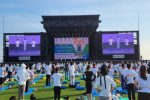
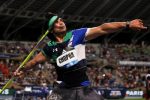

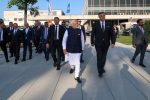

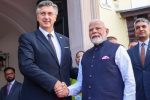




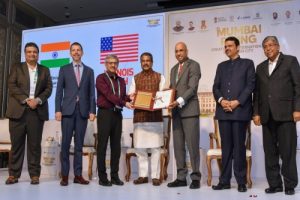
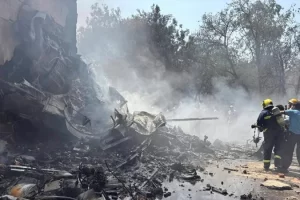

Add Comment